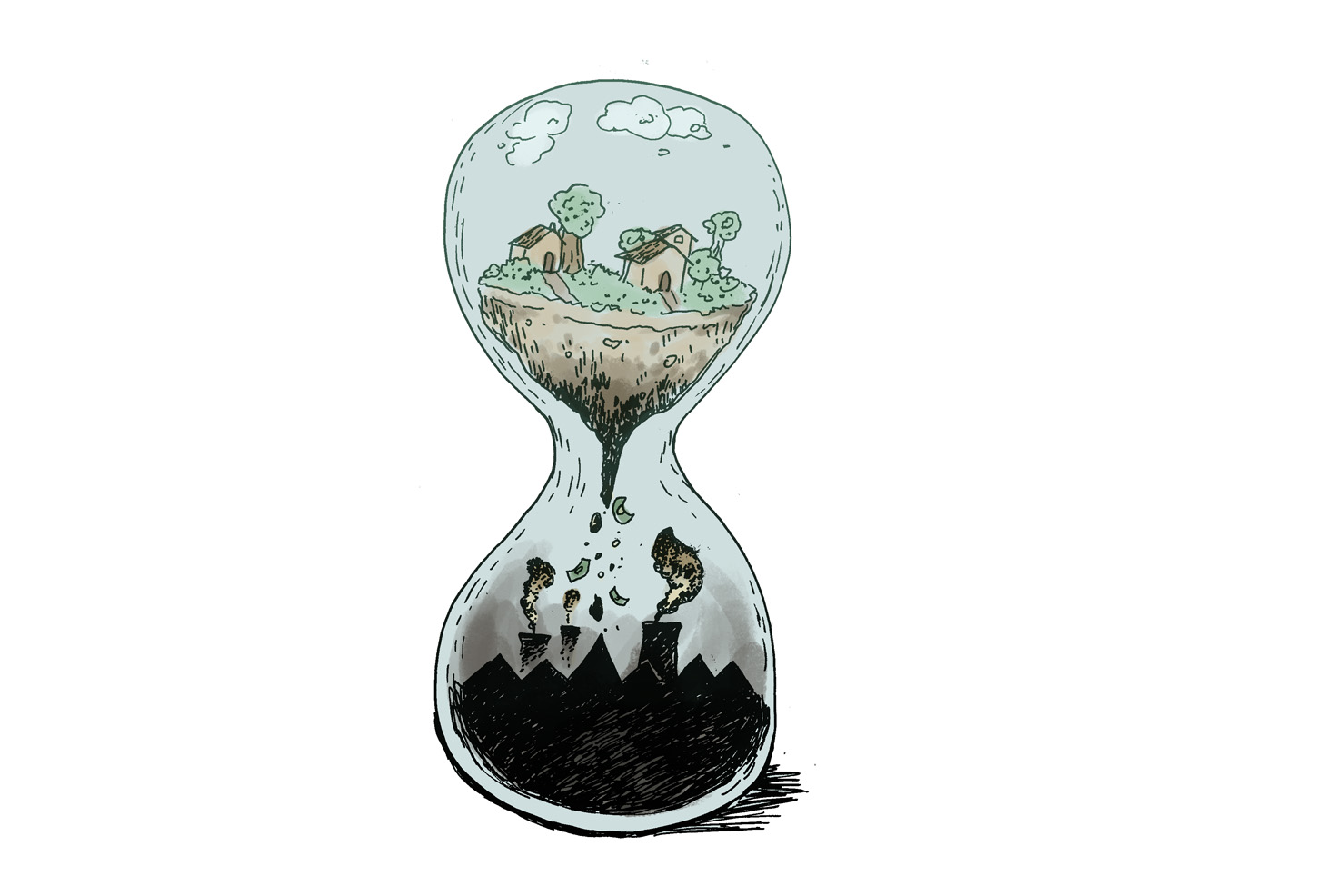“Busy people get things done.” According to the preeminent authority on procrastination, Timothy A. Pychyl, Ph.D. of Canada’s Carleton University, procrastination is an avoidable part of life if students can only understand the risks and causes of procrastination.
Pychyl has published many reports and studies on the subject and has been interviewed in psychology publications to discuss procrastination. To understand Pychyl’s ideas how to prevent procrastination or combat it, watch the one-hour lecture he gave to Carleton University teachers’ assistants on YouTube.
The root of efficiently managing time is breaking it down into manageable pieces. Realistically building a schedule is the way to do what needs doing when it needs to be done.
There is an applicable saying for breaking down a task that is common among the armed forces: “How do you eat an elephant? One bite at a time.” This is a good start, but it isn’t the whole picture. Priority is also important. Where does the first bite come from?
When breaking a schedule into bite-sized pieces, those pieces need to be prioritized, equally distributed, and manageable for the specific person. Taking on too many tasks at one time will not work. Taking on tasks that are too large will not work either. Be specific in your task outlining and schedule setting.
Scheduling never stops being important as a part of life. It is essential to student success, professional success, and personal success. “Busy people get things done,” as Pychyl said. Organizing time keeps people on task and completing goals.
The time to start organizing time is now, and it does not require any preparation or a fancy system. The next time an instructor assigns an assignment, write down the day and time you’re going to do it. Every time something arises that requires a piece of time, it just gets placed based on priority, time required, and complexity. Some tasks are so large they require multiple 20-minute time blocks over a week, several 15-minute blocks a day for several days, or one hour-a-day per week for several weeks. The way to find the right formula is by experimenting.
The fallacy that most students use to delude themselves is that they do better under pressure. The fact is, no one does. Preparation produces better results every time. This is observable in the real world. Classes do not work if the teacher is just coming in every day whenever they feel like it and trying to run through a lecture off the cuff. What if they assigned all of the course’s homework in the last week? How much would students learn? Organization is important to learning, and accomplishing tasks at a steady pace is equally important. Business works the same way. Very few successful companies have gotten anywhere without a plan and a steady flow of work toward their goals.
Another issue that plagues people who fail to manage their time well is work flow. When a task is done, turned in, and there are a few leftover hours between that moment and the deadline, how great does that feel? Most people stop there if no other tasks are pressing down on them with the type of urgency that the previous one held.
If instead people used that sense of accomplishment to move into another task, they would start developing a steady flow of accomplishment. That is a steady flow of good feelings. That is a steady flow of jobs well done, and deadlines looming way out in the future that need not scare anyone.
Imagine productivity as a line that is constantly moving forward every second on a horizontal axis. That horizontal axis is time. While students are doing nothing, the line sits at zero on the vertical axis of productivity. Putting in all the work to move the line up and up and up while, for example, writing a paper rewards a higher emotional payoff. Why, then, do students allow the line to drop back to zero? Wouldn’t it be easier to maintain a lower but more constant level of productivity?
There are several issues that lead students, and people in general, to failures in planning. It is a lifestyle change after all. The most important thing for now is to just get started. Make the first step an easy step. Sit down with a sheet of paper, and on that sheet of paper write today’s date, the current time, and mark out 15 minutes. In that 15-minute block, write down, “Make a schedule for the rest of the week.” The last item for the week should be planning next week, and include some time for listing out incremental goals.
What do you want to get done that week? This month? This quarter? Next quarter? All year? Planning is absolutely essential to staying busy, and busy people get things done.







Talking about procrastination, I’ve been struggling with mine for the last 10 years and read countless books and self help methods. Here is what I’m having best results with. First of all, procrastination bulldozer method has worked wonders for me. I highly recommend you apply it. Secondly, whenever you have a task that takes less than 5 minutes to do, do it right away. No delays. I’m really starting to take control of my life now.